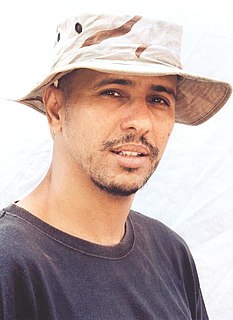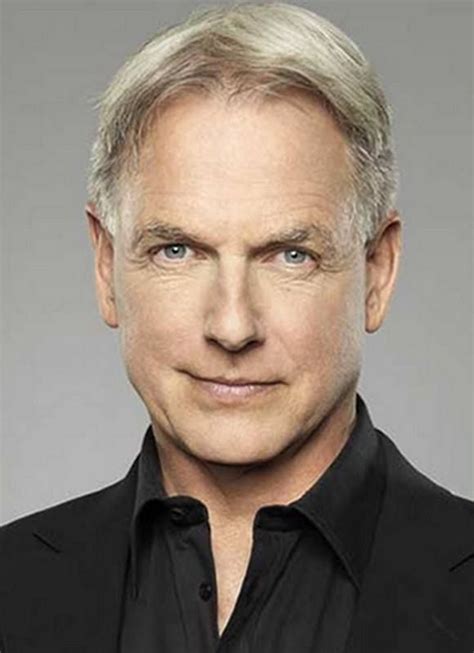A Quote by Colson Whitehead
In the 1930s, the government paid writers to interview 80- and 90-year-old former slaves, and I read those accounts. I came away realizing - not surprisingly - that many slave masters were sadists who spent a lot of time thinking up creative ways of hurting people.
Related Quotes
The Fourteenth Amendment, after the civil war, in principle brought former slaves into the category of persons, theoretically. But if you actually look, almost all the cases brought up for personal rights under the Fourteenth Amendment were by corporations. Freed slaves couldn't do it. In fact they were pretty much driven back into something like slavery by a north - south compact, that allowed former slave states to criminalize black life, which made a criminal force that was basically used as a forced labor force, up until the 1930s.
The other slaves in the field never let that house slave knew - know what they were really thinking. If the house slave said, well one of these days all of us will live in the plantation, they said, uh huh. They went along with him. But if you came up to them and said, let's go, they would be gone just like that.And in, in America you have the same situation.You have the vast masses who are still slaves.
We offer such false hopes to people that every medical problem can be fixed even when you're starting to deal with an 80- or a 90-year-old body that is breaking down in multiple ways and doesn't have that resilience. And so it doesn't surprise me that someone who is completely unprepared for death may say, "Doc, do everything."
We're in an inflection point where it's cheaper to learn to read on a tablet computer than it is to learn to read on paper. And that being the case, it's only a matter of time before every 6-year-old kid has a tablet computer, and we know for a fact, 3- to 4-year-old kids are using tablets and iPads, and 75 and 80 year olds are using them.
All those people who went out [to Occupy Wall Street] missed work, didn't get paid. Those were individuals who were already feeling the effects of inequality, so they didn't have a lot to lose. And then the individuals who were louder, more disruptive and, in many ways, more effective at drawing attention to their concerns were immediately castigated by authorities. They were cordoned off, pepper-sprayed, thrown in jail.
Many Southern Plantation owners were working towards the day when they could convert their investment to more profitable industrial production as had been done in the North, and others felt that freemen who were paid wages would be more efficient than slaves who had no incentive to work. For the present, however, they were stuck with the system they inherited. They felt that a complete and sudden abolition of slavery with no transition period would destroy their economy and leave many of the former slaves to starve - all of which actually happened in due course.
I'm a 48-year-old writer who can remember being a 10-year-old writer and who expects someday to be an 80-year-old writer. I'm also comfortably asocial -- a hermit in the middle of Los Angeles -- a pessimist if I'm not careful, a feminist, a Black, a former Baptist, an oil-and-water combination of ambition, laziness, insecurity, certainty, and drive.
Just as the worst slave-owners were those who were kind to their slaves, and so prevented the horror of the system being realized by those who suffered from it, and understood by those who contemplated it, so, in the present state of things in England, the people who do most harm are the people who try to do most good.







































